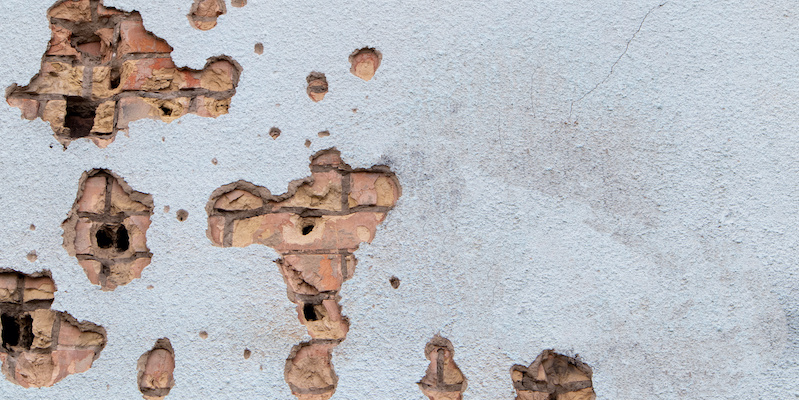When I first wrote about my experience in the Marines as a college student, the work was unreadable. The fiction, poetry, and creative nonfiction I produced for my undergraduate workshops scarcely transcended the angry thoughts in my head to amount to more than angry rants on the page. I was upset about my experience in the military, to say the least, especially while serving in Afghanistan. That experience stayed with me because nothing about it had been resolved. I spent seven months in Afghanistan in 2010, but the work that my friends and I did on the deployment seemed to amount to nothing then. In the years after, we struggled to see evidence that it ever would. In a way that’s best described as Kafkaesque, I was deeply haunted by the War in Afghanistan and the footprint I left behind.
The rants I wrote in class took shape after hours of creative writing workshops. My characters finally had lives and thoughts of their own. My sentences felt natural rather than aching with the effort of a student. My figurative language began to make literal sense. After completing a workshop in trauma writing, I was convinced that creative writing as a practice was about making a complex work of art with moving parts before it was about achieving emotional catharsis, but Afghanistan was ingrained in my body and I needed it out. I could not stop thinking or writing about it. I wondered if there was something I could do as an artist to escape the haunting that seemed to follow me throughout my waking life.
I had already worked on The Militia House as a shorter project when I set out to expand it into a novel, but I had not yet considered some of the bigger picture issues in terms of character and theme. Obviously, the book was going to be anti-war, but I needed a character and a character arc that would resonate. I thought I had something important to say, but I wondered how I could ground the experience for the reader and how I could use the project to get Afghanistan out of my body. I secretly hoped that writing this book would exorcize the weight of Afghanistan that I carried around with me equally as much as I wanted to write an entertaining horror novel. I was fascinated by writers such as Anne Rivers Siddons, Sarah Waters, and Jac Jemc who had all written the extremely effective haunted house novels The House Next Door, The Little Stranger, and The Grip of It respectively, though were not often, if ever, listed among authors most well known for horror writing. Were these authors moved to write haunted house stories as the result of their own personal hauntings in order to somehow release whatever haunted them? I imagined this was their strategy and I tried it myself. After all, their writing experiences were productive in the sense that they lead to book publication, and for me, publication tends to alleviate the space that a project takes up in my mind. If something is published, I no longer have to work on it, or in turn think about it.
Initially, I struggled to write The Militia House partly because I had never completed a novel and partly because of the baggage I carried. I wondered if I had any right to tell this story or if the perspective of the book’s narrator would matter to readers. Was there anything new worth saying about the things I was upset by? The documentary Combat Obscura was released during my thesis year and further caused me to question my efforts, especially my role in the war in 2010. It takes place partly where I served, and it’s truly an outstanding film, but I was shaken up for weeks after viewing it. Too many unfavorable emotions were stirred up in me. It turns out that in re-visiting the experience in order to complete a book-length project, I had re-haunted myself. But still, I thought, if I finished the book, maybe I would be releasing a burden that had become a demon.
But we lost the war and we did so in a way that made it impossible for anyone to easily ignore in contrast with the rest of our time in Afghanistan which was often overlooked in the mainstream media. In August 2021, I sat at a computer at my hourly job and watched twenty years of war suddenly trivialized by what appeared to be a chaotic, nearly unconditional withdrawal. Not only was Afghanistan officially in our rearview mirror now, we were barely even glancing at the reflection. This was upsetting all over again, as I had relied on writing The Militia House as an endeavor that would resolve some of my personal questions, but I found myself haunted by the war, yet again. I still am. I wonder what the point of it was if it took us twenty years to simply turn around and leave, what causes anyone there died for, and whether the conflict will prevent future wars or violence. I still have mostly questions. I’ve now written a book which shares this haunting with readers, so in one sense that diffusion of grief does not put me back at square one. But if I learned something about writing toward catharsis, it’s that undertaking a gothic horror project cemented in personal grief or trauma may not be a writer’s best option if they prioritize a good night’s rest.
***


















